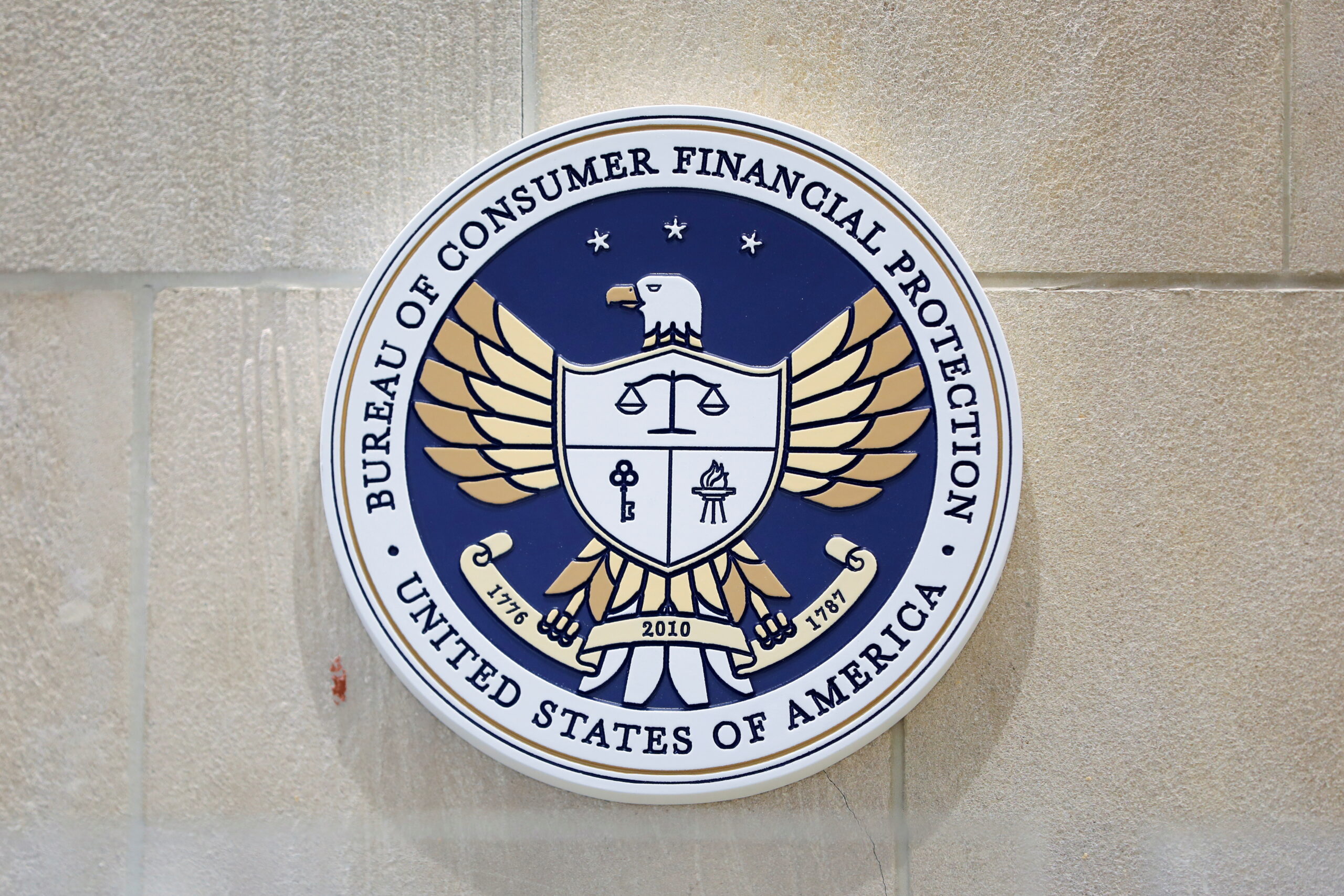California has long been recognized as one of the most consumer-friendly states in the U.S., offering extensive protections for buyers who face issues with defective goods—particularly motor vehicles. At the heart of these protections lies the Song-Beverly Consumer Warranty Act, a state law designed to ensure that consumers receive what they paid for: products that work as promised. One of its most well-known applications is the California Lemon Law, which provides recourse for car owners stuck with faulty vehicles.
This article explores the origins, key provisions, and legal implications of the Song-Beverly Act, and how it directly underpins California’s Lemon Law protections.
What Is the Song-Beverly Consumer Warranty Act?
The Song-Beverly Consumer Warranty Act, codified under California Civil Code Sections 1790–1795.8, was enacted in 1970 to protect consumers who purchase or lease goods for personal, family, or household use. The Act sets out the responsibilities of manufacturers and retailers who issue express or implied warranties on their products.
Under this law, when a consumer buys a new product—such as a car, appliance, or electronic device—the manufacturer is legally required to repair, replace, or refund it if it fails to meet the terms of its warranty. Importantly, the Act applies not only to new goods but also to certain used goods that are still under warranty.
The overarching goal is simple: to ensure that consumers do not bear the cost or inconvenience of defective products and that companies stand by their warranties.
Key Provisions of the Song-Beverly Act
The Song-Beverly Act outlines several fundamental protections for California consumers:
-
Warranty Obligations: If a product covered by an express warranty cannot be repaired after a reasonable number of attempts, the manufacturer must either replace the product or refund the purchase price.
-
Implied Warranties: Even if a product does not have a written warranty, the law still provides an implied warranty of merchantability—meaning the product must perform as an ordinary buyer would expect. For cars, that means being safe and reliable for normal driving.
-
Repair Attempts: Manufacturers are given a “reasonable number” of opportunities to fix a defect before being required to offer a replacement or refund. What qualifies as “reasonable” can vary but is often interpreted in light of the seriousness and recurrence of the defect.
-
Consumer Rights and Attorney Fees: The Act allows consumers to recover legal fees if they successfully bring a claim against a manufacturer, encouraging individuals to pursue their rights without fear of excessive legal costs.
These provisions establish the legal framework upon which the California Lemon Law rests.
How the Song-Beverly Act Applies to California Lemon Law
While the Song-Beverly Act covers a wide range of consumer goods, it is best known for forming the foundation of California’s Lemon Law, which specifically applies to defective vehicles.
Under the California Lemon Law, a car is considered a “lemon” if:
-
It has a substantial defect that affects its use, value, or safety.
-
The manufacturer or its authorized dealer has made a reasonable number of repair attempts to fix the defect.
-
The vehicle remains under the manufacturer’s original warranty.
If these conditions are met, the manufacturer is obligated to replace the vehicle or refund the consumer. This refund typically includes the purchase price, taxes, and incidental costs, minus a deduction for the mileage driven before the defect first appeared.
In short, the Lemon Law is a specialized extension of the Song-Beverly Act, tailored to address the unique challenges faced by vehicle buyers.
What Counts as a “Reasonable Number” of Repair Attempts?
One of the most common points of contention in Lemon Law cases involves determining how many repair attempts are “reasonable.” The law does not set a strict numerical threshold, but courts generally follow some guiding principles:
-
Two or More Attempts for serious safety defects (such as brake or steering issues) may be sufficient.
-
Four or More Attempts for less severe but persistent problems may qualify.
-
30 or More Days Out of Service for repairs can also indicate that the vehicle is a lemon, even if the defects differ.
California’s Lemon Law Presumption provides that if any of these conditions occur within the first 18 months or 18,000 miles of ownership, the car is presumed to be a lemon—shifting the burden of proof to the manufacturer.
Consumer Remedies Under the Law
If a vehicle qualifies under the Lemon Law, consumers have several remedies:
-
Replacement Vehicle: The manufacturer can offer a comparable new vehicle as a replacement.
-
Refund: The consumer can receive a refund of the purchase price, registration fees, and taxes, minus a reasonable usage deduction.
-
Attorney’s Fees: The manufacturer must pay reasonable attorney’s fees and costs if the consumer prevails in a Lemon Law case.
Because of these strong protections, most Lemon Law disputes in California are resolved through settlements rather than court trials.
Importance of Documentation and Legal Guidance
To successfully pursue a claim under the Song-Beverly Act or Lemon Law, documentation is key. Consumers should retain copies of purchase contracts, repair invoices, and correspondence with the dealer or manufacturer.
While individuals can file claims on their own, many turn to Lemon Law attorneys who specialize in negotiating settlements and filing lawsuits when necessary. Because the law requires manufacturers to pay the consumer’s legal fees if the claim succeeds, hiring an attorney often carries little or no out-of-pocket cost.
Final Thoughts
The Song-Beverly Consumer Warranty Act is one of California’s strongest tools for protecting buyers from defective products, ensuring companies stand behind their warranties and consumers receive fair treatment.
When applied to vehicles through the California Lemon Law, it offers powerful remedies for car owners dealing with recurring defects—restoring confidence in one of the most significant purchases most people make.
In essence, the Song-Beverly Act serves as both a shield and a standard: a shield for consumers against defective goods, and a standard that holds manufacturers accountable for the promises they make.




